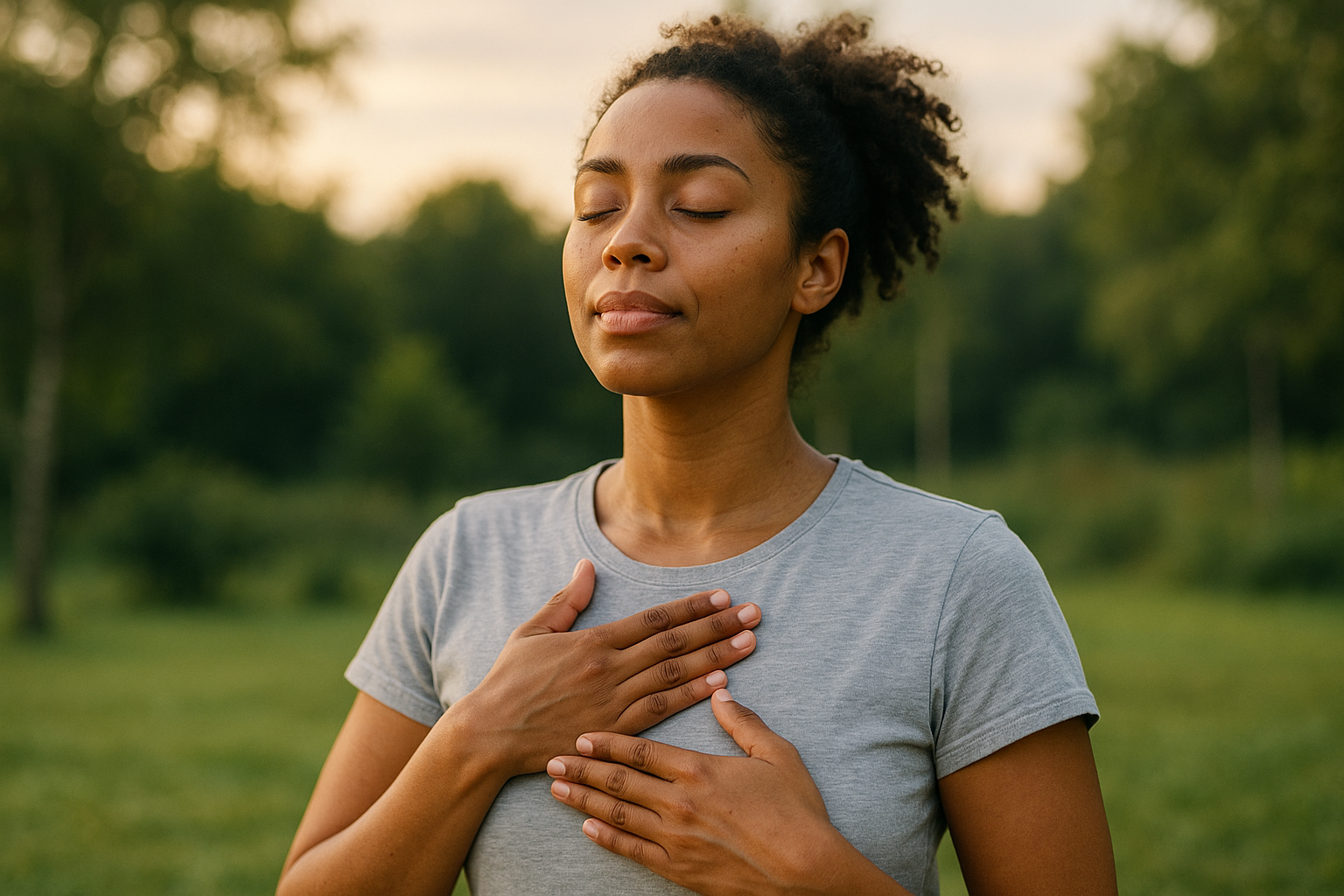In today’s fast-paced, hyper-connected world, stress, anxiety, and panic attacks have become all too common. Many people juggle busy lives, challenging work environments, and constant notifications. As a result, mental health struggles can feel overwhelming and isolating. Yet, while these issues can seem insurmountable, science shows that even simple techniques—like deep breathing—can offer powerful relief. With the growing interest in self-care, using these strategies has never been more relevant.
The Science Behind Deep Breathing
Deep breathing might sound basic, but it has a profound impact on the body and mind. Research, including findings from study ID 1749224419, shows that deliberate, mindful breathing activates the parasympathetic nervous system. This activation slows the heart rate, lowers blood pressure, and lessens your body’s production of stress hormones like cortisol.
When anxiety strikes, your body enters “fight-or-flight” mode. Breathing becomes shallow and erratic, intensifying anxious thoughts. However, practicing deep breathing signals to your brain that you are safe. This switch promotes calm, helping to break cycles of panic before they take over.
- Slows heart rate and stabilizes blood pressure
- Reduces physical symptoms of anxiety
- Improves focus and mental clarity
- Encourages relaxation and emotional control
Practical Techniques You Can Use Anywhere
One of the best aspects of deep breathing is its simplicity. You do not need any equipment, specific environment, or specialist knowledge. Anyone can start immediately, wherever they are. Here are a few effective techniques:
- Box Breathing: Inhale for four counts, hold for four, exhale for four, hold for four, and repeat.
- Diaphragmatic Breathing: Place your hand on your abdomen, breathe deeply, and feel your belly rise and fall with each breath.
- 4-7-8 Breathing: Inhale through the nose for four counts, hold for seven, then breathe out slowly for eight.
These techniques offer flexible support during commutes, meetings, or stressful moments at home. Many people find combining deep breathing with gentle stretching or a moment of mindful stillness increases effectiveness.
Real-Life Examples of Deep Breathing’s Impact
Practical experience backs up the research. Consider Emma, a university student facing panic attacks before exams. She starts every study session with five minutes of box breathing. Emma reports fewer heart palpitations and more focused concentration.
Another example is Michael, who struggled with work stress during daily commutes. By practicing diaphragmatic breathing on the bus, he arrives at work grounded and ready to connect with colleagues. These real-life scenarios illustrate that deep breathing is more than theory—it’s a tool that makes a difference.
- Enhanced productivity and decision-making at work
- Greater confidence facing social or performance situations
- Improved quality of sleep and energy during the day
Combining Deep Breathing with the Trankua App
While deep breathing is powerful alone, guidance can make it even more effective. The Trankua App is designed to provide instant, structured support with audio and visual prompts. Instead of struggling to remember what to do during anxious moments, users follow step-by-step breathing exercises right from their phone.
The app’s interface is clean, easy to use, and requires no prior training. It is discreet, so you can use it in public or at home without self-consciousness. The Trankua App helps anchor your attention, making it easier to stay consistent and form healthy habits for long-term resilience.
- Quick, guided breathing sessions anytime you need them
- Customizable techniques for different anxiety triggers
- Progress tracking to see your improvements
- Reminders to help integrate breathing into daily life
Small Steps, Big Results: Making Deep Breathing Part of Your Routine
Adding deep breathing to your routine does not require a dramatic lifestyle change. Start small by dedicating just two to five minutes a day to focused breathwork. You may choose to practice first thing in the morning, during a break, or right before bed.
Over time, your ability to stay calm in stressful situations grows naturally. Regular practice trains your brain and nervous system to respond differently to anxiety. Ultimately, deep breathing empowers you to take control, promote self-awareness, and reclaim peace in moments that matter most.
- Accessible to everyone—no barriers to entry
- Cost-free and easily incorporated into any schedule
- Suitable for adults and young people alike
- Supports broader self-care strategies for lifelong wellbeing
Taking care of your mind should feel simple and supportive. Deep breathing offers both. Ready to experience these benefits for yourself? Try the Trankua App now and discover how instant calm is always within your reach.

